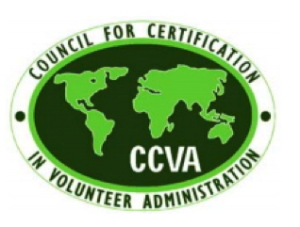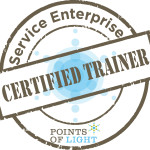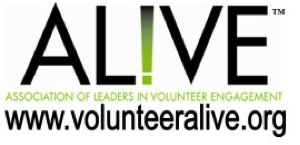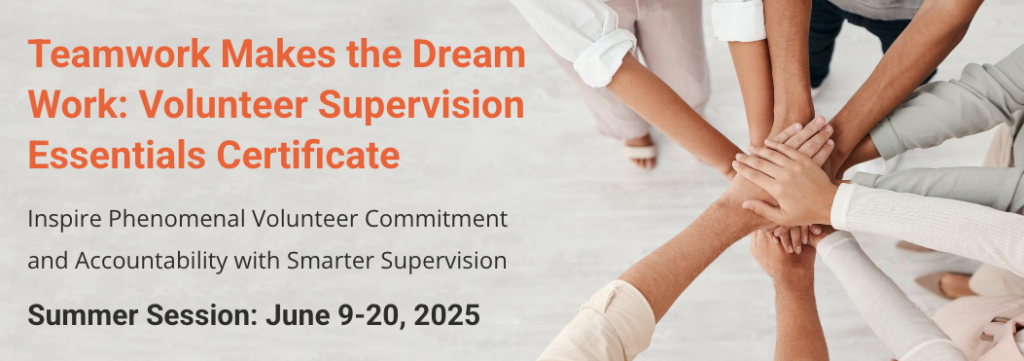We keep good company, and were proud to have affiliations with a wide variety of wonderful organizations. We invite you to read more about our affiliations with the following organizations:

The Council for Certification in Volunteer Administration (CCVA) The CCVA promotes and certifies excellence in volunteer administration to advance the capacity of communities to effectively engage volunteers. The CCVA sponsors the CVA (Certified in Volunteer Administration) credential, the only international professional certification in the field of volunteer resources management.

The Points of Light Service Enterprise Institute serves to strengthen the capacity of nonprofits to fundamentally leverage volunteers and their skills to address community needs. Through a comprehensive research-based assessment, training, consulting and certification model, selected nonprofits are equipped with the tools and technical assistance necessary to support nonprofit Service Enterprise transformations.

The American Society for Training and Development ASTD is the world’s largest association dedicated to the training and development profession. ASTD’s members come from more than 100 countries and connect locally in more than 120 U.S. chapters and with more than 16 international partners.

The Association of Leaders in Volunteer Engagement (AL!VE) AL!VE serves to enhance and sustain the spirit of volunteering by fostering collaboration and networking, promoting professional development, and providing advocacy for leaders in community engagement. AL!VE is the essential professional resource and advocate for those who engage, motivate, and celebrate volunteers and their vital contributions to our society.

The Association for Research on Nonprofit Organizations and Voluntary Action ARNOVA is the U.S.-based, national and international association that connects scholars, teachers, and practice leaders interested in research on nonprofit organizations, voluntary action, philanthropy and civil society. ARNOVA brings together both theoretical and applied interests, helping scholars gain insight into the day-to-day concerns of third-sector organizations, while providing nonprofit professionals with connections to research they can use to improve the work of their organizations and the quality of life for citizens and communities.


